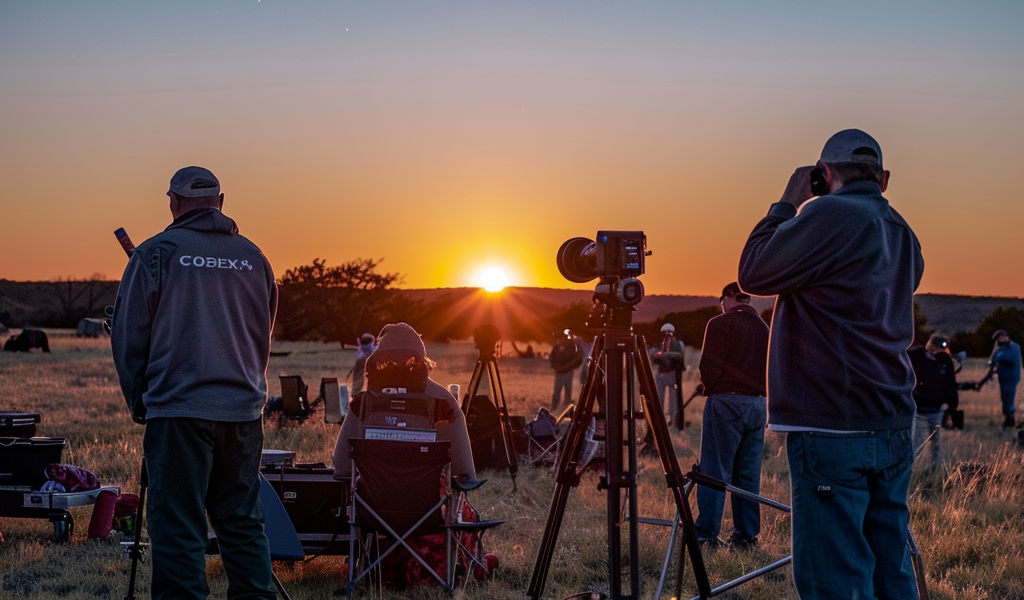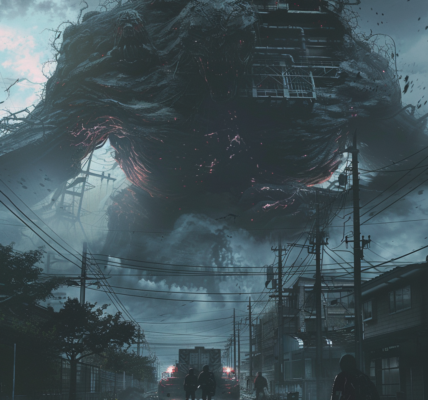South Korea’s space institute, the Korea Astronomy and Space Science Institute (KASI), has announced its plans to conduct ground observations of the Coronal Diagnostic Experiment (CODEX) for the International Space Station in collaboration with NASA during the total solar eclipse on April 8th.
A solar eclipse, occurring when the Moon passes between the Sun and Earth, provides a unique opportunity to study the Sun’s corona, its outermost atmospheric layer, normally obscured by bright sunlight. KASI will dispatch two teams to Lampasas and Leakey, Texas, to observe the corona and conduct ground-based research for CODEX.
The teams will utilize polarizing cameras, essential to CODEX’s technology, alongside a novel polarimetric instrument slated to launch in September this year. This equipment will study the lower coronal region, extending from one to four solar radii.
The first observation site, the KASI-NASA Solar Eclipse Observatory, will utilize a mix of space-optimized polarizing cameras developed by KASI and standard non-polarizing cameras. The second site in Leakey, Texas, will focus on measuring the temperature and velocity of electrons and ions and the polarization of dust using the new polarimetric instrument.
CODEX, a coronagraph created by KASI and NASA, marks a significant advancement by enabling the simultaneous observation of the solar corona’s temperature and velocity from space in a two-dimensional format.
Kim Yeon-han, a lead researcher at KASI, emphasized the significance of CODEX, saying, “Developed in partnership with NASA, CODEX promises to significantly advance our understanding of coronal heating and solar wind acceleration, two of the most perplexing challenges in solar science.”
“Utilizing total solar eclipses to test new observational methods and instruments is crucial before deploying them in space. This holds immense scientific and technological value and prepares us for extensive space exploration, especially in light of the forthcoming establishment of the Korea AeroSpace Administration.”





